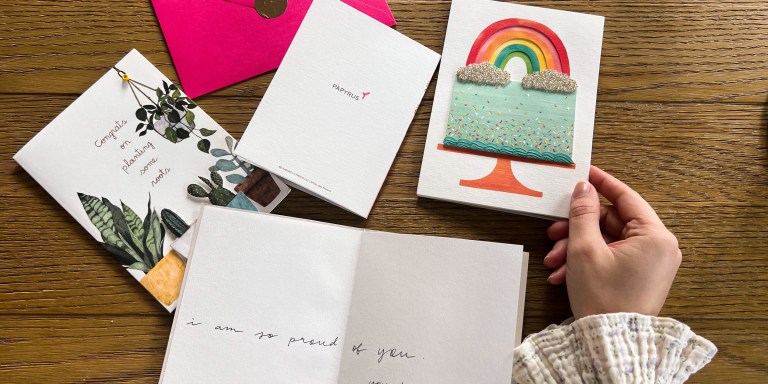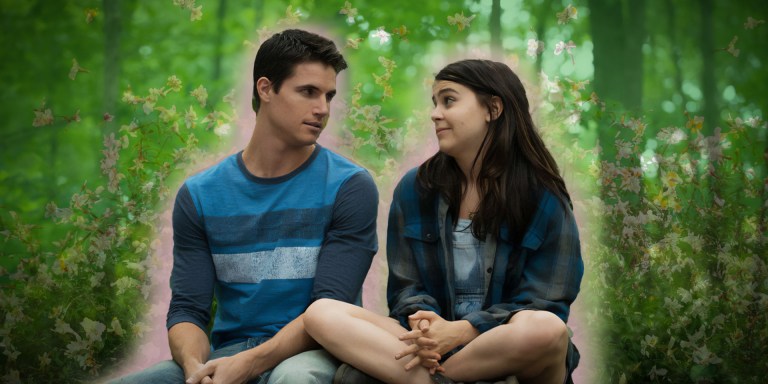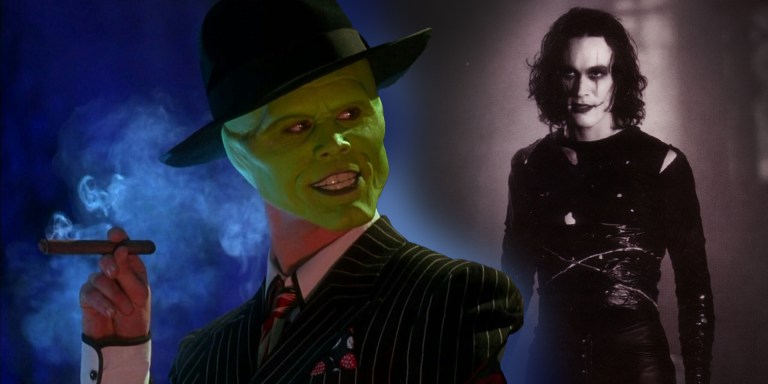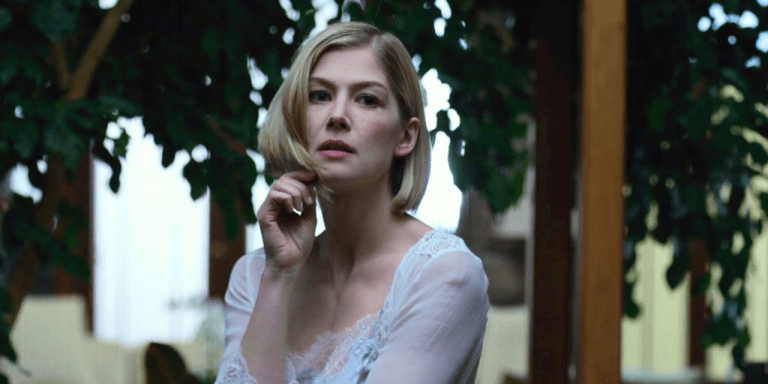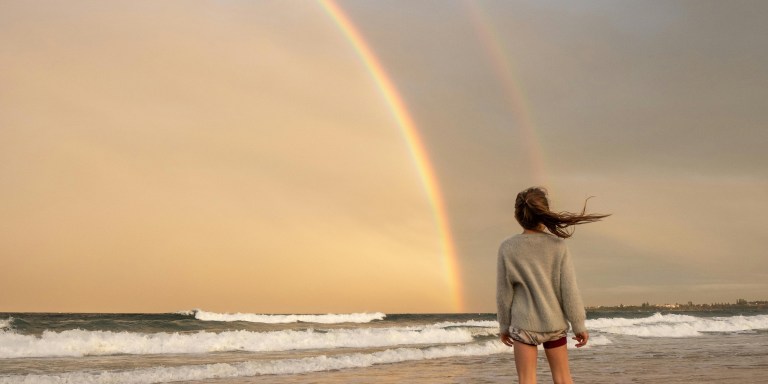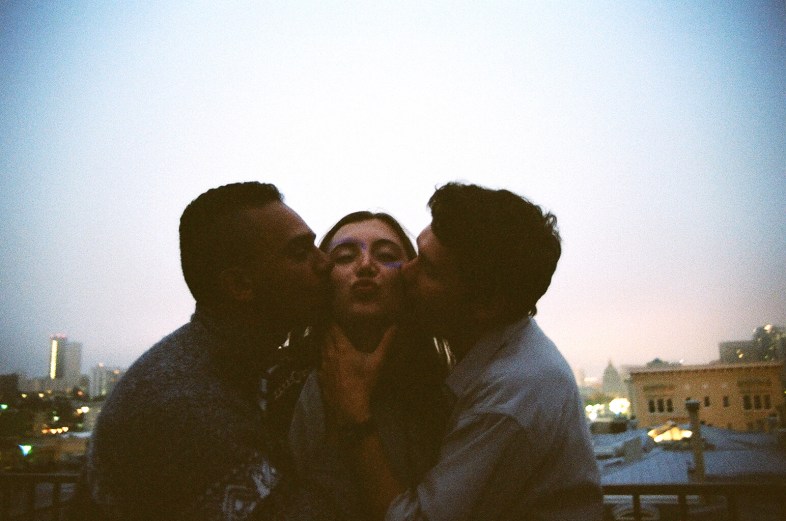
We all like to think we’re not that shitty friend who disappears the second they get into a serious relationship.
I mean, we all have that friend. They’re always there when you need them, always up for a rambunctious night out, always around to dry a tear or cure a broken heart – until all of a sudden, they’re not. They meet someone they’re mad about and promptly drop off the face of the earth. We hate that friend for the ways in which they abandon us and so we vow to never become them. We tell ourselves that we’ve never been that way in love. And that the next time we’re in a relationship, we’ll behave better than that.
Every time I find myself repeating that mantra to myself, I remind myself of a particular instance a few years back, when I was on a trip overseas with my best friend.
It was our last night in the country and a boy she had been shamelessly flirting with for the duration of our trip had invited the both of us out on the town. We were both exhausted. We’d been hiking for the better part of a week and I had a very clear vision in my mind of what I wanted to do that night: Take a shower, Skype my (then) boyfriend of a thousand years and go to sleep. She, on the other hand, wanted to go out on the town. Badly. The possibility of sex – or at least a heavy shot of validation – kept her unnaturally energized despite our shared state of physical exhaustion.
I knew exactly why she wanted to go out that night, so I did what any shitty friend who was balls-deep into a serious relationship would’ve done: I went out and complained the whole time. I whined as we were getting ready. I dropped subtle (and not so subtle) hints that I didn’t want to go. I talked relentlessly about how I was tired and maybe we should stay in and what if we missed our flight in the morning because we stayed up too late?
I went out with her in the end, but I wasn’t supportive or a good friend about it. And any time I try to hate my relationship-ridden friends for bailing or flaking or dismissing plans, I remember that night. I remember what it feels like to drag yourself out when you’re exhausted and grumpy and you know there’s no promise of anything sexually invigorating happening to you. I remember how bland the whole thing seems. How annoyed you are at your single friends for humoring their need for validation, even though you harbor that need one hundred percent as badly – it just so happens that you are getting a fix of it on the regular.
And that’s the unfortunate truth about friendships in our twenties – as much as we like to believe that our friends are our soul mates and our kindred spirits and that nothing on earth could diminish the bond we share with each other, we neglect one key fact and it is this: Friendship is, at its core, motivated by a shared deprivation. The thirst, if you will, for love. For validation. For belonging. The need to be cared about, appreciated and understood. We form friendships in our twenties because we are lacking all of those things in high measure and we have no other means of acquiring them.
Romantic relationships in our twenties are unreliable. Family is distant for the first time. Our jobs or commitments may provide some sense of meaning but as the old saying goes, our careers don’t keep us warm at night. And so, we need friends. We need to understand each other. We need to not be alone as we struggle and flail and disappoint our parents and our loved ones and ourselves. We need support from one another. We need love. And as much as we like to deny it, love is what we’re constantly searching for. It is the bane and the backbone of everything we do and we let that be an unspoken truth between friends.
When you’re single and your best friend texts you, “Hey, want to go out tonight?!” She isn’t asking if you think it’d be a fun bonding activity to raid both your closets, down shots of tequila, hightail it to whatever the cool bar of the moment is and spend the night making small talk with insufferable bros. She thinks that’s what she’s asking you – make no mistake. We lie, even to ourselves, about the prime motivation behind our actions. We all think we’re having a girls night and enjoying being single and we tell ourselves that the best part of the night is stumbling home together, ordering pizza and bitching about all the deadbeats we talked to that night. But it’s not.
The best part of those nights is the sweet, succulent sense of possibility that is laced throughout them. The possibility that you could later look back on this night as the night you met the love of your life. The possibility that the next bro you talk to at that sports bar might actually have that deep, brooding side that beckons you in. The possibility that you might get the number of someone who later ends up blowing you away with their charm and patience and depth and just gets you in a way other people do not. We are addicted to that possibility – it’s a potent, all-consuming drug that clouds our judgment unimaginably. When we’re single, we exist in a constant fugue of this drug and if there’s anything a junkie likes, it’s company.
Our relationship-friends are not on this drug. They don’t take that massive hit of it before going out, which is why they see the single life for exactly what it is: Overpriced, overrated and generally fruitless.
Nobody wants to be that friend, of course. On principle they don’t want to refuse going out, spending time with their old BFFs and remaining an active, important part of their lives. So on occasion, they come out anyways. They swap tank tops, down tequila shots and pose for pictures. But they also lose energy quickly at the bar, make an excuse to go home at 1am and then snuggle in happily beside the love of their lives, relieved the whole ordeal is over. Because the difference between single friends and relationship friends is that relationship friends are not deprived of love – they have it in abundance. And pretending to share in their single friends’ deprivation is a bold-faced lie. They’ll go through the motions of drinking with you but they aren’t actually thirsty and so it’s different. It just is.
We lose friends to relationships not because they cease to make time for us. Not because their significant other replaces us. Not even because they cease to care about us, as much as it may seem that way at the time. We lose friends to relationships because they lose the fundamental thirst that drives us when we’re single – to be loved, accepted and cared for. It is what drives more of our actions than we care to admit. It’s what keeps us coming back to each other, keeps us going out on weekends, keeps us up at night decoding text messages and exclaiming “I’m just so done,” to one another over Skype. We share each other’s pain and motivation and confusion and for as long as it lasts, it is magical. It makes us feel normal and accepted and less alone in the big, confusing mess that is our twenties.
No matter how deep our relationships with one another run, they undergo a fundamental shift once one party has their needs satisfied in a way that the other does not. We lose friends to relationships in our twenties because they have found something we’re endlessly searching for and so the hunt becomes a fruitless endeavor for them.
And so we do what any shitty single friend does – we guilt-trip them, we rag on them then we let them go. We appreciate them when they come back around, but we acknowledge that it’s never again going to be the same as it once was. Because at the end of the day, they deserve to be happy.
And so do we.
And so we cling to whomever we have left, and together, we keep on searching. ![]()

